Description
Siromus 1mg Tablet (Sirolimus) – Prevention of Organ Rejection in Transplant Patients
Siromus 1mg Tablet is a crucial immunosuppressant medication designed to prevent organ rejection in transplant patients, particularly after kidney transplants. This medication works by carefully regulating the body’s immune response, helping it accept the new organ as its own. Patients must take Siromus exactly as prescribed by their doctor, maintaining consistent timing whether taken with or without food. Strict adherence to dosage is vital as overdosing may lead to serious complications. While many patients tolerate this medication well, some may experience side effects like swelling, high blood pressure, or infections, which should be promptly reported to a healthcare provider. Regular monitoring through laboratory tests is often recommended during treatment.
Uses of Siromus 1mg Tablet:
Prevention of kidney transplant rejection
Benefits of Siromus 1mg Tablet:
It plays a vital role in ensuring transplant success by effectively suppressing the body’s natural immune response that might otherwise reject the new organ. This action significantly reduces rejection risks while promoting stable, long-term kidney function in transplant recipients.
Side Effects of Siromus 1mg Tablet:
While many side effects are temporary, patients should be aware of possible reactions:
- Increased blood lipid levels
- Low white blood cell count (neutrophils)
- Joint pain and swelling (edema)
- Mouth inflammation (stomatitis)
- Increased infection risk (herpes zoster, sepsis, CMV)
- Kidney infections
- Skin cancer risk (non-melanoma)
- Blood-related issues (thrombosis, anemia)
- Respiratory complications (pneumonitis, pleural effusion)
- Gastrointestinal problems (pancreatitis, ascites)
- Bone complications (osteonecrosis)
How to Use Siromus Tablet?
Take it exactly as directed by your transplant specialist. Swallow the tablet whole with water – never chew, crush, or break it. While it can be taken with or without food, maintaining a consistent daily schedule is crucial for optimal results.
How Siromus 1mg Tablet Works?
As a potent immunosuppressant, It works by selectively inhibiting the immune system’s response to foreign tissue. By targeting specific immune pathways, it prevents the body from attacking transplanted organs (kidney, liver, or heart), effectively “tricking” the immune system into accepting the new organ.
Safety Advice:
- Alcohol: Safety unknown – consult your doctor
- Pregnancy: Potentially harmful – avoid unless absolutely necessary
- Breastfeeding: Likely unsafe – may pass into breast milk
- Driving: Generally doesn’t impair driving ability
- Kidney function: Safe for kidney disease patients at prescribed doses
- Liver function: Requires caution and possible dose adjustment in severe liver disease
What if You Miss a Dose?
If you forget a dose, take it as soon as remembered unless it’s nearly time for your next dose. Never double dose to compensate. Maintain your regular schedule and inform your transplant team about any missed doses.
FAQs:
Q1. How long must I take Siromus 1mg after my transplant?
Typically lifelong, but your transplant team will determine the exact duration based on your individual case and organ function.
Q2. Can I get vaccinated while taking Siromus?
Live vaccines are generally contraindicated. Always consult your doctor before any vaccinations.
Q3. Why are regular blood tests necessary with Siromus?
Monitoring ensures proper drug levels and checks for potential side effects like infections or blood count changes.
Q4. What should I do if I experience unusual bruising or bleeding?
Contact your doctor immediately as this may indicate blood-related side effects.
Q5. Can I take other medications with Siromus?
Many drugs interact with Siromus. Always inform all healthcare providers about your medications and avoid starting new ones without approval.

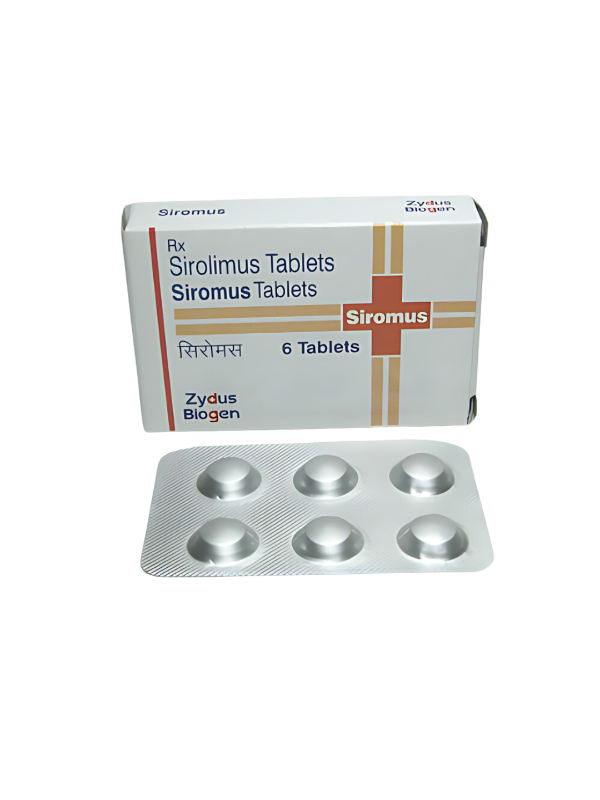

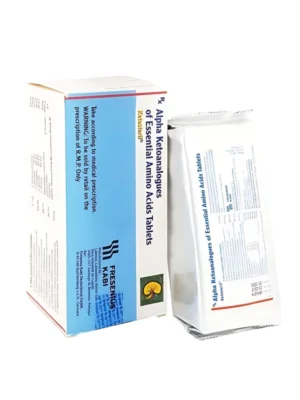
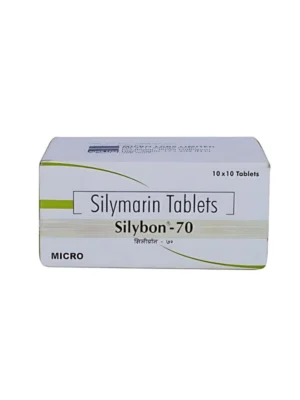
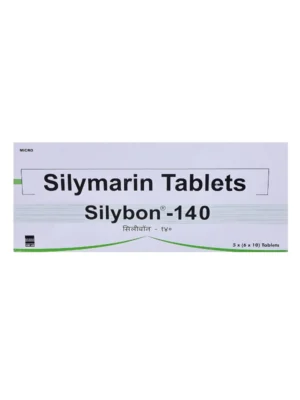
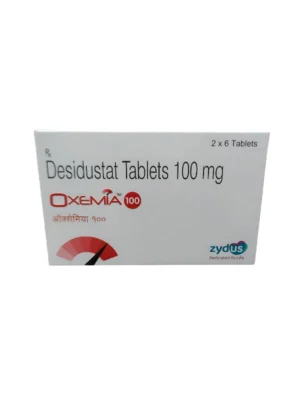
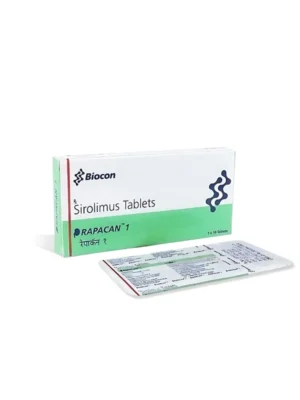
There are no reviews yet.